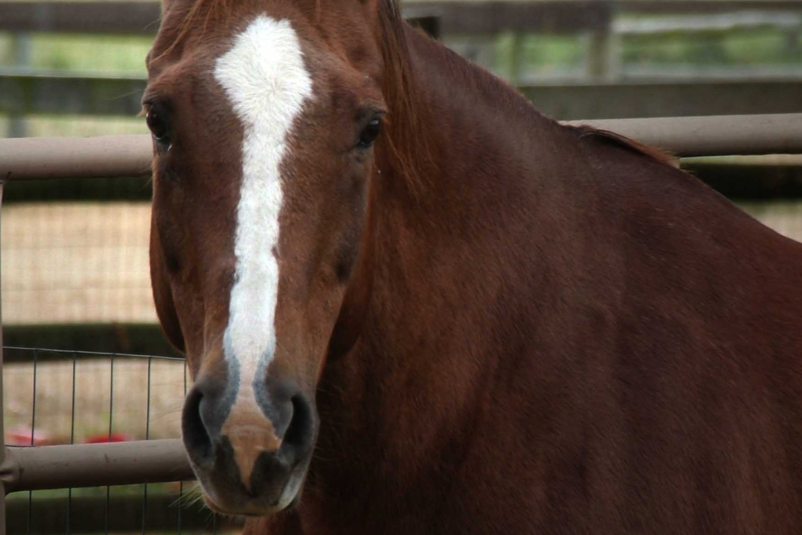Genetic muscle diseases in horses

Purpose of study
Over centuries, horses have been extensively bred for athletic characteristics, such as the ability to sprint short distances or haul heavy loads. The intense selection for these performance traits has resulted in horses with enhanced muscle mass and improved physical performance. However, the selection for these traits has led to muscle diseases becoming common. The surprisingly large number of known heritable muscle diseases in horses currently include (but are not limited to) polysaccharide storage myopathy type 1 (PSSM1), hyperkalemic periodic paralysis (HYPP), malignant hyperthermia (MH), immune-mediated myositis (IMM), PSSM type 2 (PSSM2), myofibrillar myopathy (MFM), and recurrent exertional rhabdomyolysis (RER). The purpose of this study is to provide a deeper understanding of the genetic and management factors that influence muscle diseases in horses. A firm grasp on these factors will help veterinarians, researchers, and horse owners develop treatment strategies for muscle disease in individual horses.
Eligibility criteria
- Horses of any breed diagnosed or suspected to have a muscle disease
- Horses without signs of muscle disease living on the same property as horse with diagnosed/suspected muscle disease
Procedures
- Visit the participation requirements page for detailed overview of study summary and requirements.
- Owners will provide information in the Muscle Disease in Horses Survey for a horse with suspected or diagnosed muscle disease.
- Owners will provide the same information in the same survey for another horse of similar age and breed housed on the same property without suspected or diagnosed muscle disease.
- Owners will upload photos and videos, and other medical information if available, for each participating horse to a secure, file-receiving folder on Dropbox
- USA Participants: Will mail hay, grain, supplement, and hair root or blood samples for each participating horse to the laboratory.
- International Participants: Will mail hair root or blood samples for each participating horse to the laboratory.
Costs
The only costs to the owner are shipment of samples to the laboratory and a visit to the veterinarian if choosing to send a blood sample. The study pays for testing.